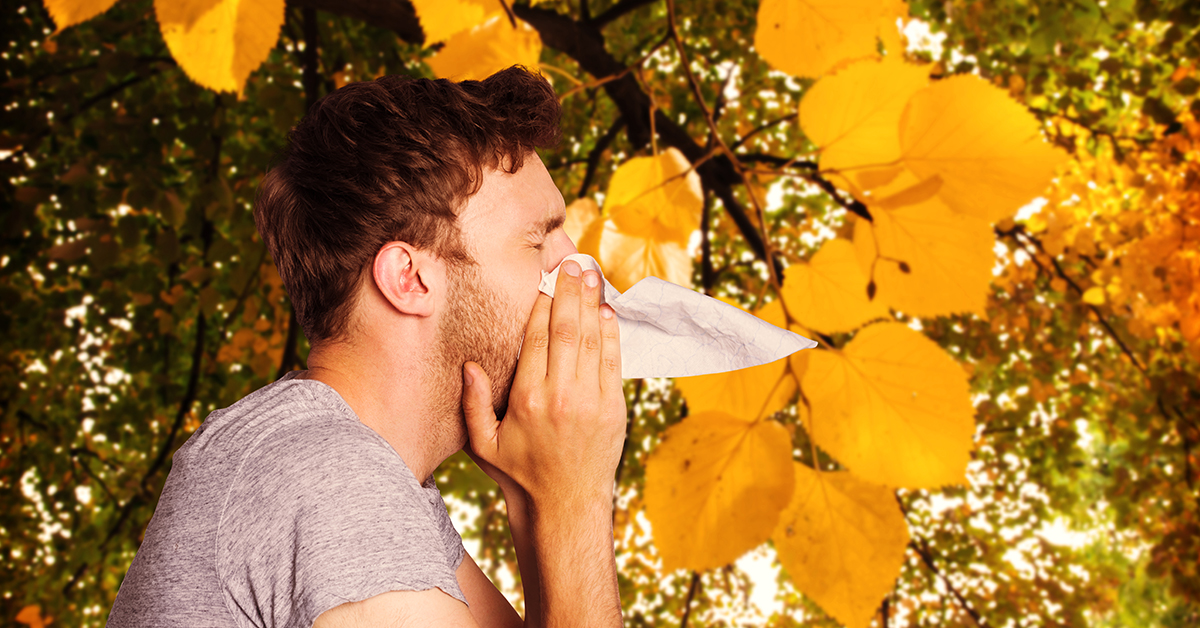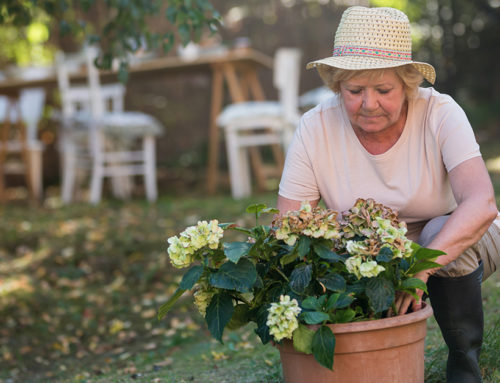
Coping with Fall Allergies? Check Out These Yard Work Tips
Fall is the season of colorful leaves, pumpkin spice lattes, and breezy weather. While it's an exciting time, allergies may prevent you from enjoying it to the fullest. If you have fall allergies, you may be allergic to ragweed pollen or airborne mold.
You may experience uncomfortable symptoms such as runny nose, watery or itchy eyes, and throat and/or nose irritation. If you have to or like to perform yard work, these symptoms can make the task quite miserable.
Fortunately, there are some things you can do to reduce your exposure to fall allergens and make yard work a more enjoyable experience. Read on to find out what they are.
Save Yard Work for Later in the Day
Pollen count is typically higher in the mornings so it's a good idea to do yard work in the afternoons or early evenings. Check the internet for pollen counts in your area before you go outside. If you find they're higher than usual one day, save yard work for another day. You could also pay someone to take care of it on your behalf.
Dress Appropriately
Be mindful about how you dress before you go outside to work in your yard. A long sleeve shirt paired with pants and a wide brimmed hat can prevent pollen from making its way onto your skin and hair. You can also wear sunglasses to keep pollen out of your eyes and gardening gloves so that you don't touch your nose or eyes while you're outside working.
Make sure you remove your clothing after you're done with your yard work. This way you won't carry pollen into your house. It's also a good idea to take a shower and wash your clothes immediately after.
Opt for a Filter Mask
Your local pharmacy is sure to carry a filter mask, which can keep pollen from entering your nose and mouth. If possible, invest in a N95 rated mask as it's been approved by the National Institute for Occupational Safety and Health and filters the majority of airborne particles.
Be Careful When You Rake Leaves
The reality is that leaves can easily hold moisture and create a breeding area for mold. Since raking leaves can cause mold to fly up into the air, wear a mask while you rake. If you don't want to, you can always find someone else to handle this task for you.
Consult Your Doctor
There are a variety of medications that can help keep your fall allergy symptoms to a minimum. These include allergy shots, nasal sprays, and antihistamines. Your doctor will likely suggest that you start taking your medication at least a week before fall allergy season peaks. This way you can reap the full benefits of it.
If you're worried about fall allergies this fall, don't hesitate to contact your doctor. They can evaluate your situation and design a customized treatment plan.




